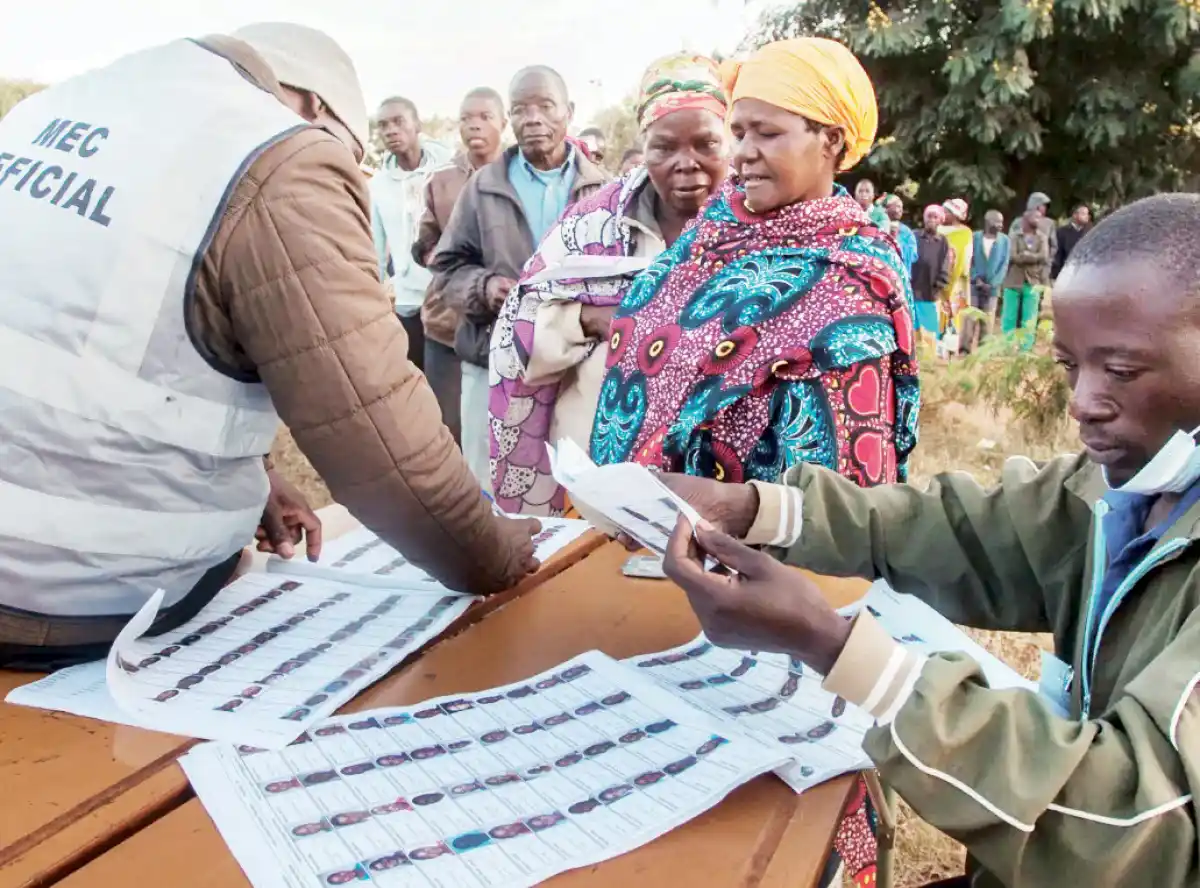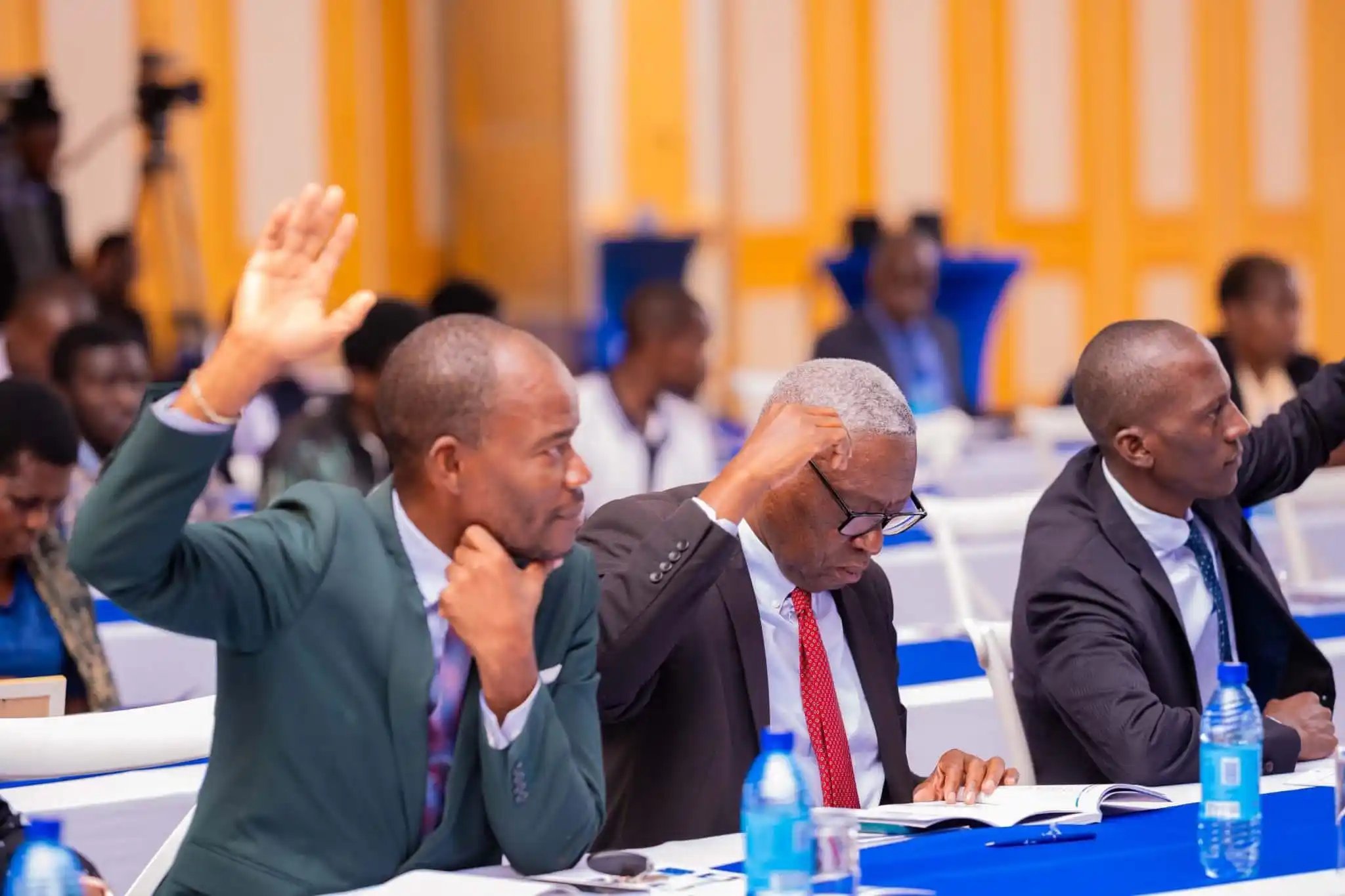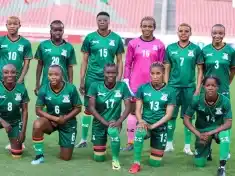

By Daniel Zimba:
As the country prepares for the general elections in September 2025, political analysts George Phiri, Ernest Thindwa and Wonderful Mkhutche have spoken out against the practice of politicians distributing handouts to sway voters.
The three were commenting on plans to present regulations prohibiting the practice before the next meeting of Parliament, which begins on February 14.
The regulations are being developed by a team dubbed Reference Group, which is led by Registrar of Political Parties Kizito Tenthani.
Phiri, for his part, supports the move to operationalise the Political Parties Act, saying the practice of bribing people with handouts has resulted in incompetent leadership over the years.
“This issue is addressed by this Act, so it is important to operationalise it. All political parties found giving out handouts should face the law, because a better Malawi can only be created if we respect the rule of law,” he said.
Phiri added that, for a long time, the law has been stifled by interested groups who do not want to use their actual points to attract voters but instead resort to handouts.
“Handouts should not be part of our democratic process because they seek to influence voters in a detrimental way. People should choose their leaders based on how attractive their campaign points are,” he said.
While echoing Phiri’s sentiments, Mkhutche said uprooting the handout practice is not easy, as it is deeply ingrained in Malawian culture.
Mkhutche added that politicians take advantage of the numerous problems plaguing Malawians to lure them with money and items ahead of elections, knowing the voters will not resist the purported support.
“The problem is widespread poverty, as people want to take advantage of political rallies to get something into their pockets from politicians. It is a tricky situation because even politicians themselves are willing to give in order to win votes,” Mkhutche said.
Meanwhile, Thindwa has also expressed doubts about whether the regulations would be supported in Parliament, saying that some legislators are perpetrators of the practice.
He was referring to previous situations where some Members of Parliament (MPs) openly opposed the handouts, saying they would affect their ability to retain seats in the next election.
“MPs are also politicians who benefit from the same practice, so I doubt they will support the regulations. However, this is not just about having regulations; it is about creating an atmosphere that makes election competition equal.
“No one should win simply because they had more money and shared handouts with voters. People should win because they have attractive policies,” Thindwa said.
Since 2018, when the Political Parties Act was enacted, it has largely remained idle, lacking proper regulations to guide its implementation, thereby providing space for politicians to allegedly abuse the law.
Section 41, sub-section 1 of the Act discourages all candidates and political parties participating in elections from issuing handouts in an attempt to win voters’ favour during campaign activities.
Additionally, sub-section 3 of the same section describes the malpractice as a criminal offence, which carries a fine of K10 million or a five-year prison sentence for the offender.







0 Comments